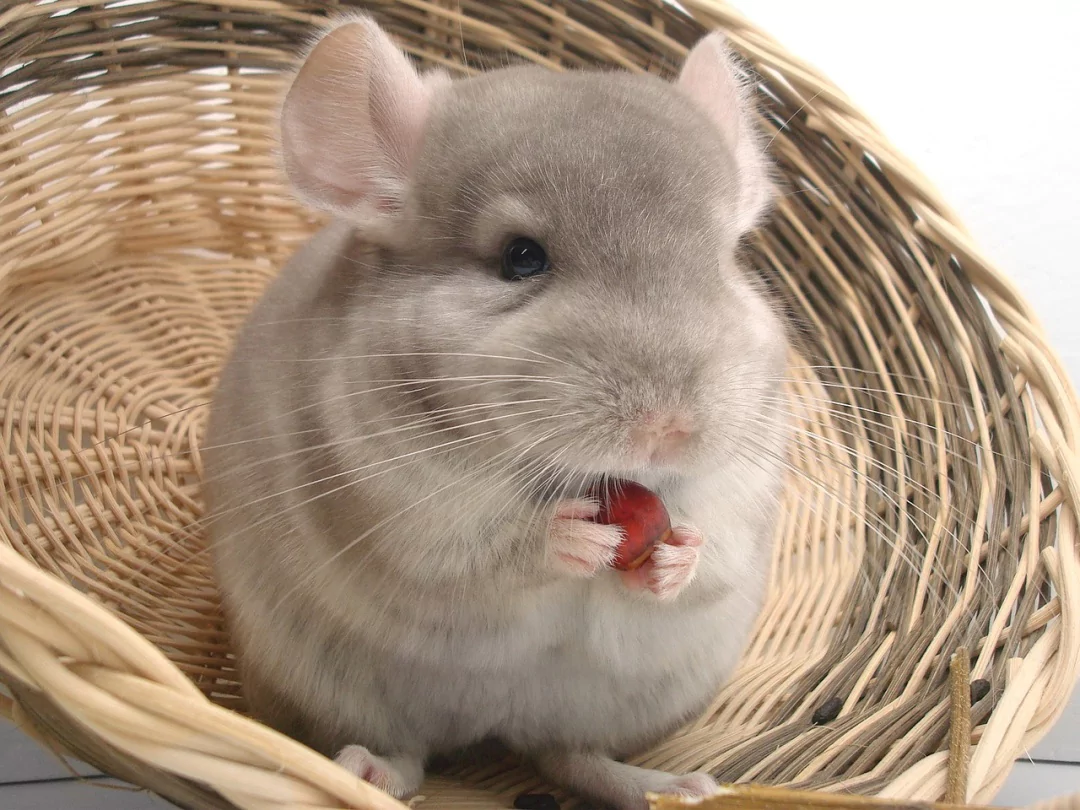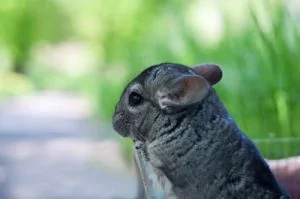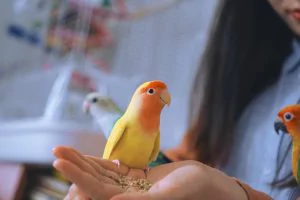There comes a time when you can no longer ignore your child’s pleas for a new pet. Thankfully, most children will stick to classic critters like hamsters and kittens, but what if they set their hearts on a chinchilla?
Most people have never come across a chinchilla except in pet stores or zoos. Therefore, the majority of people will not know how to care for them and may believe they have similar needs to other rodents.
This is a huge mistake as although they are incredibly cute and cuddly, chinchillas are skittish animals that make for extremely high-maintenance pets.
Before giving into your child’s request, think carefully about whether or not you are prepared to take on the new responsibility of caring for an exotic animal. The following list comprises nine very good reasons to decide against purchasing a chinchilla as a family pet.
1. They are incredibly expensive
A chinchilla will cost between $50 and $100 depending on where it came from. You will also need to purchase a large cage, exercise wheel, climbing frame or branches, and food.
As chinchillas are classed as exotic animals, many vets do not know how to treat them. It is essential to check if there is a vet in your area with experience in caring for chinchillas before thinking about buying one.
2. They are crepuscular
This means they come alive at dawn and dusk. They will jump around, gnaw the bars of their cage, scratch at the floor, and make a series of chirps, squeaks, squeals and barks. It is almost impossible to sleep through a chinchilla party, so you will need a separate room to house them in.
3. They need space
Chinchillas live in herds in the wild and enjoy the company of their own kind. They are also agile jumpers and can easily leap over distances of two metres. As they are much bigger than other rodents, they require a far bigger cage. The ideal solution is to build a large aviary where they can jump and climb freely. This can create space problems for those in small houses.
4. They need outdoor playtime
If your chinchilla is kept in a cage, then it will need at least one hour a day playtime. You should be home to supervise your chinchilla when playing outside as they have strong teeth that can easily gnaw through your furniture.
5. They are not all friendly
Despite being incredibly cute and cuddly, chinchillas are not generally an affectionate animal. They are extremely skittish and it could take several years before they trust you enough to let you handle them.
When they get scared, female chinchillas will spray urine at other chinchillas or humans to warn them off. Chinchillas also have incredibly strong teeth that could do serious damage to a child.
6. They must be kept cool
Chinchillas have the densest fur of all the rodents. It cannot get dry easily if they get wet or begin to sweat, so they need a constant cool temperature for their environment. Wet or damp fur can lead to bacteria and infections. If you live in a hot area, you will need to fit an air conditioner in their room.
7. They live a long time
Chinchillas live for around 15-20 years. This means that once your child grows up and heads off to college, you will still have to take care of them. Moving them to a new environment can also be difficult regarding space and indoor climate.
8. They need their beauty sleep
Chinchillas need to sleep during the day, so they need a quiet spot where they will not be disturbed. This also makes them unsuitable pets for young children who may not be able to resist tapping on the cage to wake them up.
Unless you have a spare room to house them in, it can be extremely difficult to find a place for them where they will not disturb you at night and where they can be left alone during the day.
9. They need regular dust baths
As chinchillas cannot get wet, they require regular dust baths at least twice per week. The dust is made from pumice stone that cleans their fur. The dust will get everywhere as they roll around in it, and this can cause problems for those that suffer from respiratory problems such as asthma.
Once chinchillas are safe, happy and content in their environment, they do make incredible pets. Occasionally they do become tame and provide many hours of entertainment and affection.
In order for this to happen, you will need to provide all the aforementioned things plus an endless amount of patience. If your child is young and this is their first pet, it may be worthwhile starting them off on something a little less high-maintenance.








Comments